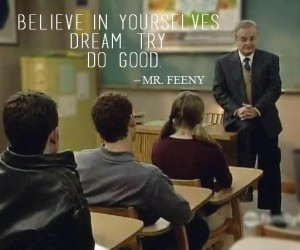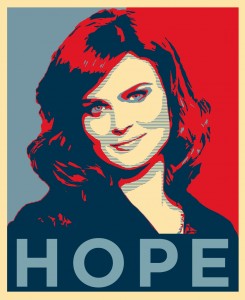Well here we are, the beginning (kind of) of yet another school year. For me, this has been a pretty special beginning. This is the year that I finally feel like the pieces are all falling together. If you couldn’t tell from my bio, I’m a little bit of a nomad, especially in the past 8 years. Before I dive too far into details of my new experiences, let me catch you up on my life thus far. As long as I can remember I dreamed that when I grew up I was going to be living in a big sparkling city, with all the twinkling lights, and all the beautiful people. New York was my ultimate dream. Spoiler alert: I made it; but not without a few adventures along the way that helped shape me into the person I am today.
If you’ve ever heard that Montana is filled with the friendliest people (aside from Oregonians), then you are correct! If you’ve ever heard differently, well then you’re wrong. Montana became my blessing in disguise. I spent all four years of undergrad at a small private university in the middle of Montana, where I was given opportunities beyond what I ever envisioned for myself. These opportunities didn’t always come in the form of a special internship or a large array of class options, but rather I was given opportunities to help me gain confidence in my own abilities and in myself as a young woman. I was held accountable, I was pushed, and I was given personal attention; all of which I needed in order to continue to push myself through not only my undergrad, but through the next journey I would embark on: graduate school.
So I spoiled it before, but yes, I did end up “living the dream” for about two years. You see this is not my first grad school rodeo. I’m a bit of a seasoned veteran. In 2012, I was like many of the seniors at Scripps: dreading the GRE and suffering through the pain of individualized personal statements for each school you plan on applying to (but totally worth it!). But also, just simply trying to figure out where I was going to apply and what I wanted my focus to be. With Connecticut and New York being my main contenders my ultimate decision landed with New York (leaving none of my friends or family surprised in the slightest). I spent two bright-eyed years in New York where I was so very lucky to experience Broadway, the Feast of San Gennaro, New Years in Times Square, and working the Macy’s Day Parade. Oh ya, and I was going to grad school too! I was studying Media Studies at a small school on some prime real estate in Manhattan. Unfortunately (or fortunately?), my interest was short lived and after one year of the program I decided that it was no longer what I wanted to do. I definitely had a hard time accepting that. It took me quite a while to stop feeling like I had failed and that I had let down those who loved me. I learned a lot from that. I came to realize that sometimes what feels like a bad experience is actually a good one because it teaches you not only what you like, but most importantly what you don’t like and I actually think that’s even more important.
Fast forward through another year of the working world, and then another 8 months of bumming in the sun at my parents in Arizona and here I am. Here I am and I’m happy to be here!



